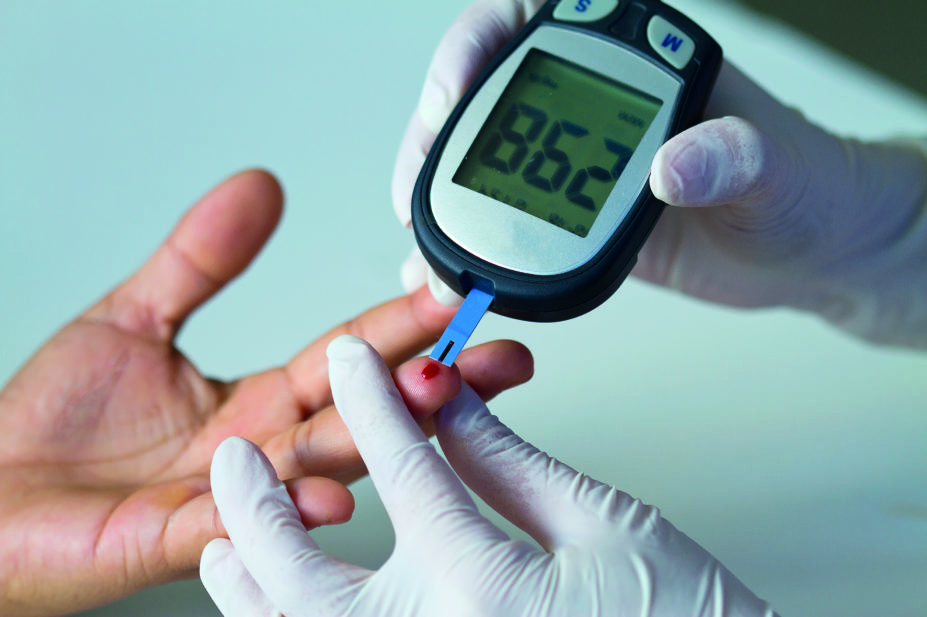
Shutterstock.com
Children with type 1 diabetes are less likely to meet their HbA1c blood glucose target when their care transfers from paediatric to adult health services, according to the results of the first ever audit of its kind.
Annual HbA1c checks decrease after a child moves to adult care, although the checks for blood pressure and cholesterol levels remain the same, the audit published by NHS Digital on 23 June found.
When auditors looked at the patient’s annual care review they found that the review was less likely to be completed after the child moved to adult services. The older the age at transition, the less likely the review was completed, they said.
However, they found that the annual care review was more likely to be completed if the child was aged between 16 and 19 when they moved out of children’s services into adult care.
They point out: “This may reflect the probability that planned transition is most likely in this age group and therefore the impact on care process completion is more successfully managed.
“For young people moving to adult services before 16 years of age there is a decrease in care process completion post-transition. This may reflect the fact that it is unlikely to have been a planned transition. A similar deduction might apply to those moving after the age of 19.”
The National Diabetes Transition Audit report was jointly produced with data from the National Diabetes Audit and the National Paediatric Diabetes Audit between 2003–04 and 2014–15.
The audit included 16,730 children and young people with type 1 diabetes in England and Wales aged between 12 and 24.


